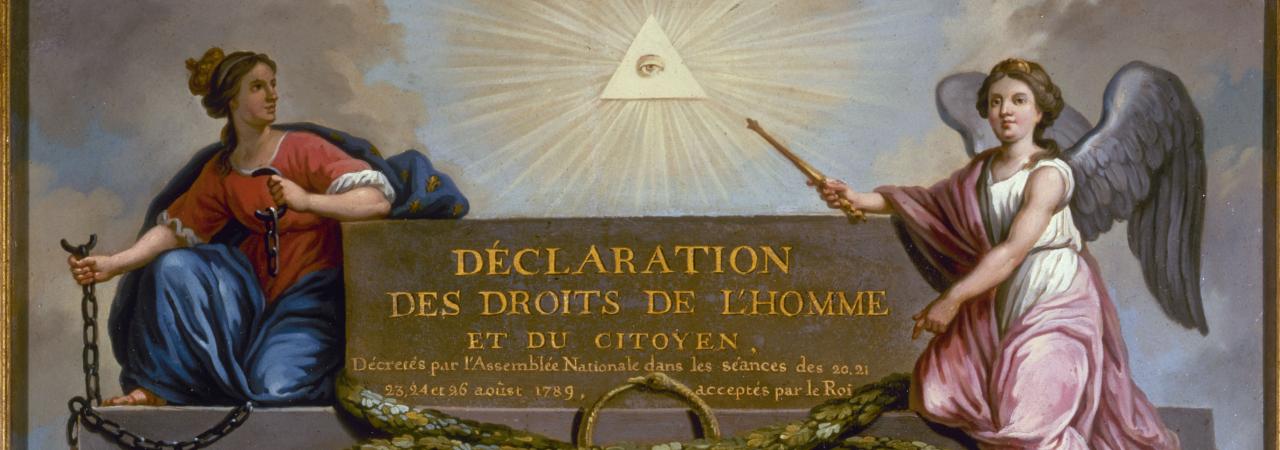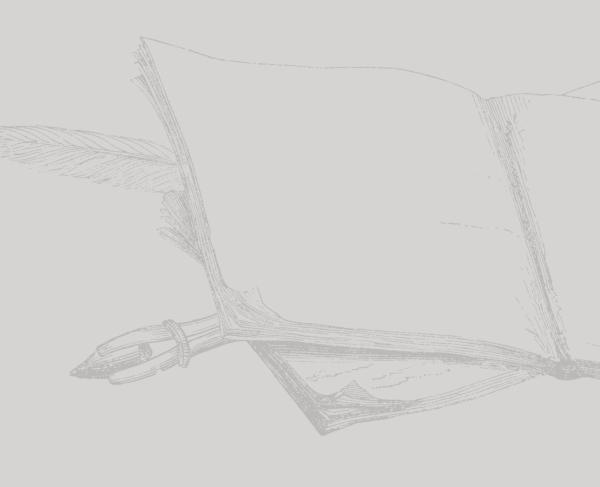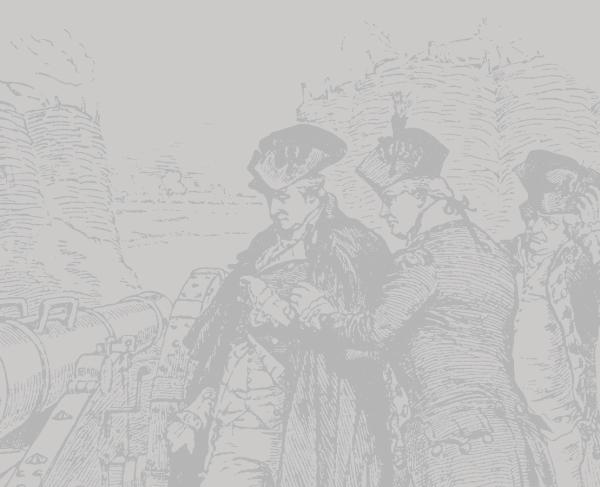Lafayette's Draft of the Declaration of the Rights of Man and of the Citizen

Declaration of the Rights of Man and of the Citizen in 1789 by Jean-Jacques-Francois Le Barbier
Penned by the Marquis de Lafayette with the help of Thomas Jefferson, this draft of the Declaration of the Rights of Man and of the Citizen was written and presented to the French National Assembly on July 11, 1789, just three days prior to the Storming of the Bastille on July 14, 1789 where Lafayette himself helped to save Louis XVI as well as Marie Antoinette as head of the national guard of Paris. The final version of the Declaration was written by Emmanuel Joseph Sieyès and the Compte du Mirabeau. It was incorporated into the French Constitution in 1791. The Declaration of the Rights of Man and of the Citizen helped to form the foundation of the French Revolution, in hopes of ending the monarchy and establishing a democracy in France.
Lafayette's Draft of a Declaration of Rights
- Nature made men free and equal; the distinctions between them are based on general utility.
- Every man is born with inalienable rights; such are [the right of property, the care [of his honor and] of his life, the entire disposition of his person, of his industry, of all his faculties, the search for well-being and resistance to oppression.
- The exercise of natural rights has no limits except those which ensure the same rights to society.
- No man can be worried neither for his religion, nor for his opinions, nor for the communication of his thoughts by the word; writing or printing, unless it has disturbed the peace of the Citizens by Calumnies.
- No man can be subject except to Laws agreed by him or his representatives previously promulgated and legally applied.
- The Principle of all sovereignty resides imprescriptibly in the nation.
- All government has as its sole goal the common good; Legislative, executive and judicial powers must be distinct and defined: no body and no individual can have an Authority which does not expressly emanate from the Nation.
- Legislative power must be exercised essentially by deputies chosen from all the districts by free, regular and frequent elections.
- The executive power being exercised by the King, whose person is sacred, all his individual or collective agents are accountable and responsible to the nation whatever authorization they have received.
- The Judicial Power must be confined to the application of the Law; the procedure must be public and the distribution of justice easy and impartial.
- The Laws must be clear, precise, and uniform for all Citizens.
- Subsidies must be freely fixed and proportionally distributed.
- And as the progress of enlightenment, the introduction of abuses and the rights of successive generations require the revision of any human establishment, constitutional means must be indicated which ensure in certain cases an extraordinary convocation of representatives whose sole purpose is to 'examine and modify, if necessary, the form of government.
En Français:
- La Nature a fait les hommes libres et égaux; les distinctions entre-eux sont fondées sur l’utilité générale.
- Tout homme nait avec des droits inaliénables; tels sont [le droit de propriété, le soin [de son honneur et] de sa vie, la disposition entiere de sa personne, de son industrie, de toutes ses facultés, la recherche du bien être et la résistance à l’oppréssion.
- L’exercice des droits naturels n’a de bornes que celles qui assurent les mêmes droits à la société.
- Nul homme ne peut être inquiété ni pour sa réligion, ni pour ses opinions, ni pour la Communication de ses pensées par la parole; l’écriture ou l’impréssion à moins qu’il n’ait troublé par des Calomnies la paix des Citoyens.
- Nul homme ne peut être soumis qu’à des Loix consenties par lui ou ses représentants antérieurement promulguées et légalement appliquées.
- Le Principe de toute souverainete réside imprescriptiblement dans la nation.
- Tout gouvernement a pour unique but le bien commun; les pouvoirs Législatif, executif, et Judiciaire doivent être distincts et definis: nul corps et nul individu ne pouvant avoir une Autorité qui n’émane exprèssement de La Nation.
- Le Pouvoir législatif doit être essentiellement exercé par des députes choisis dans tous les districts par des Elections libres, régulieres et fréquents.
- Le Pouvoir executif étant exercé par le Roi dont la personne est sacrée, tous ses agents individuels ou collectifs sont comptables et responsables à la nation quel qu’autorisation qu’ils ayent recuë.
- Le Pouvoir Judiciaire doit être borné à l’application de la Loi; la procédure doit être publique et la distribution de la Justice facile et impartiale.
- Les Loix doivent être claires, précises, et uniformes pour tous les Citoyens.
- Les Subsides doivent être librement fixés et proportionellement répartis.
- Et comme le progrès des lumieres l’introduction des abus et le droit des générations qui se succèdent nécéssitent la révision de tout etablissement humain, il doit être indiqué des moyens constitutionels qui assurent dans certains cas une convocation extraordinaire de représentants dont le seul objet soit d’examiner et modifier, s’il le faut, la forme du Gouvernement.

